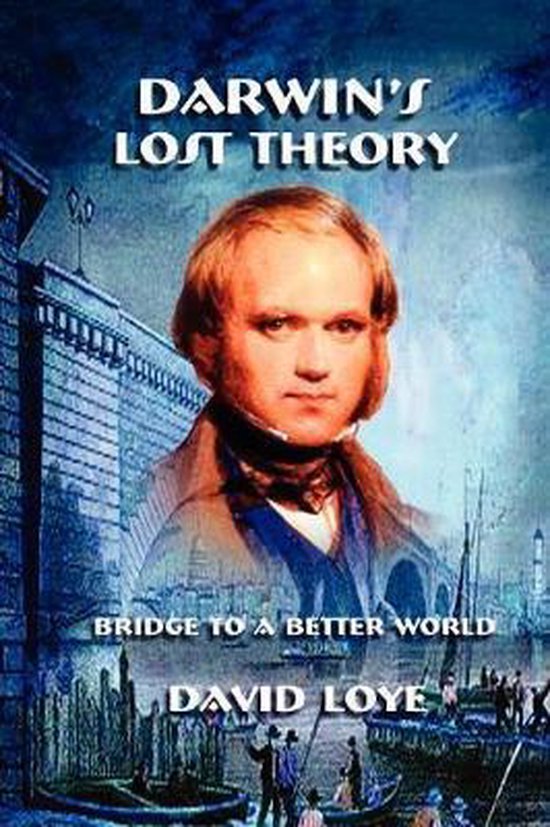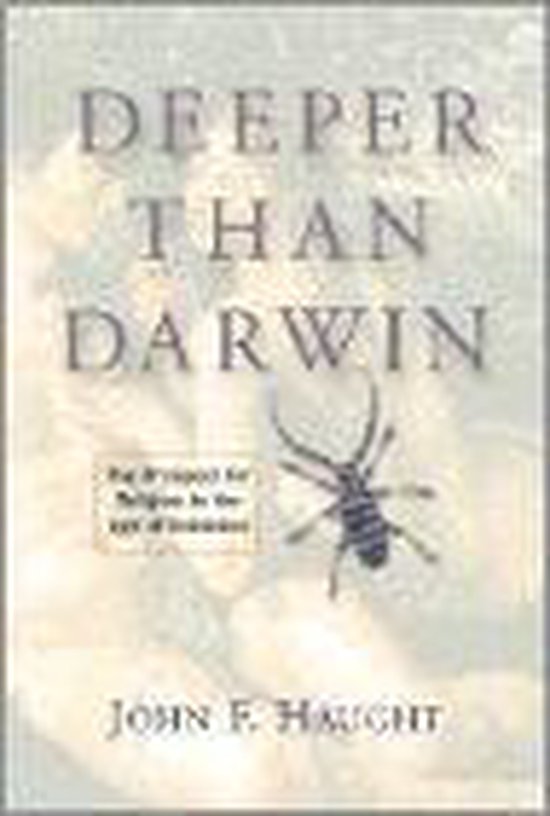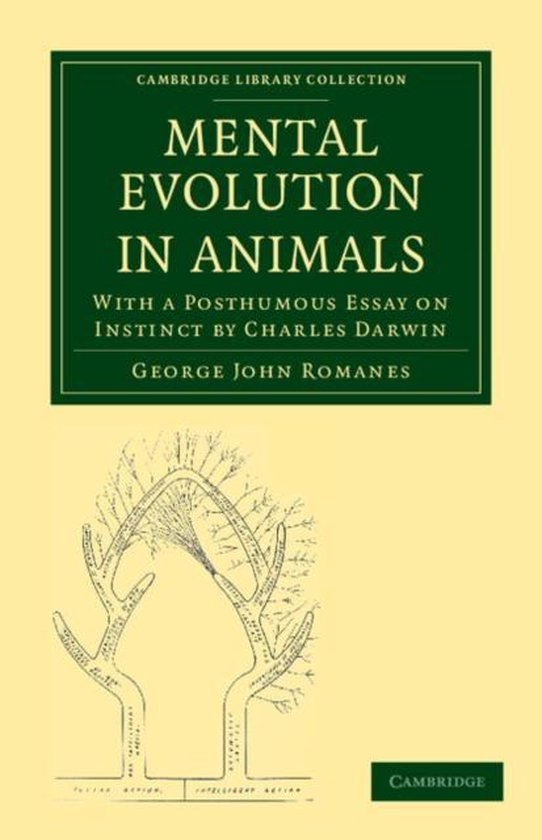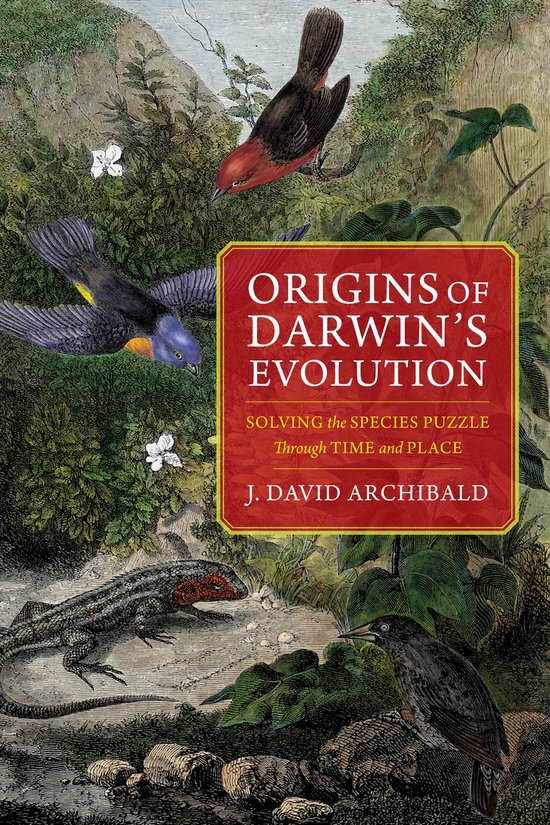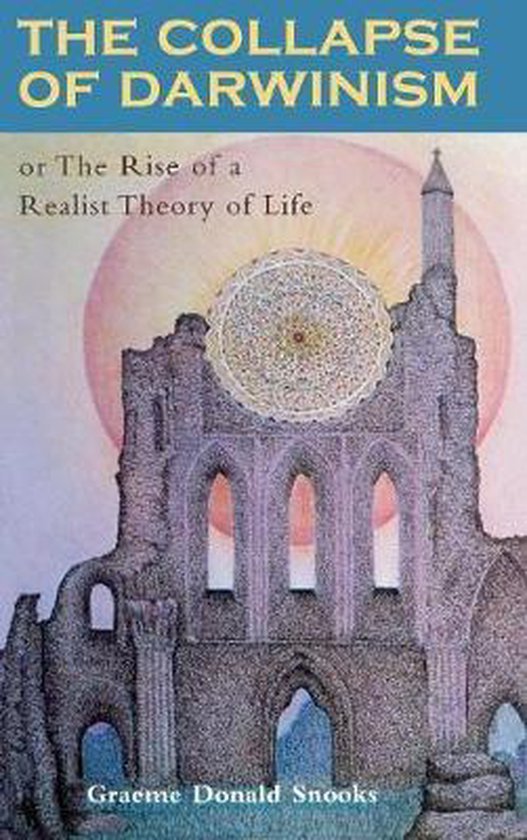
The Collapse of Darwinism
This work exposes fatal flaws in the foundations of the Darwinian theory of evolution, which it deems an "artificial algorithm", as well as the neo-Darwinian synthesis adopted by many social scientists. It develops a replacement theory of evolution, called the dynamic-strategy theory.
In this provocative work, noted social and economic theorist Graeme D. Snooks exposes fatal flaws in the foundations of the Darwinian theory of evolution, which he deems an "artificial algorithm," as well as the neo-Darwinian synthesis adopted by many social scientists. Utilizing the historical method, Snooks develops a remarkable replacement theory of evolution, which he calls the "dynamic-strategy" theory. While the neo-Darwinian position places too great an emphasis on genetic change—giving rise to untenable but popular concepts such as the "selfish gene"—and fails to explain the fluctuating fortunes of life's most successful species (mankind), Snooks' framework starts by systematically observing the broad patterns of life and human society. The resultant realist theory of life posits life as a strategic pursuit (rather than a game of chance) in which organisms adopt dynamic strategies (only one of which is genetic change) to survive and prosper. Organisms' and species' progress is achieved through "strategic selection"—a concept that displaces the "divine selection" of creationists and the "natural selection" of Darwinists. This new theory reveals the organism as empowered, rather than as the plaything of gods, genes, or blind chance; and it provides a new basis for humanism.
In this provocative work, noted social and economic theorist Graeme D. Snooks exposes fatal flaws in the foundations of the Darwinian theory of evolution, which he deems an "artificial algorithm," as well as the neo-Darwinian synthesis adopted by many social scientists. Utilizing the historical method, Snooks develops a remarkable replacement theory of evolution, which he calls the "dynamic-strategy" theory. While the neo-Darwinian position places too great an emphasis on genetic change—giving rise to untenable but popular concepts such as the "selfish gene"—and fails to explain the fluctuating fortunes of life's most successful species (mankind), Snooks' framework starts by systematically observing the broad patterns of life and human society. The resultant realist theory of life posits life as a strategic pursuit (rather than a game of chance) in which organisms adopt dynamic strategies (only one of which is genetic change) to survive and prosper. Organisms' and species' progress is achieved through "strategic selection"—a concept that displaces the "divine selection" of creationists and the "natural selection" of Darwinists. This new theory reveals the organism as empowered, rather than as the plaything of gods, genes, or blind chance; and it provides a new basis for humanism.
| Auteur | | Graeme D. Snooks |
| Taal | | Engels |
| Type | | Hardcover |
| Categorie | | Wetenschap & Natuur |
